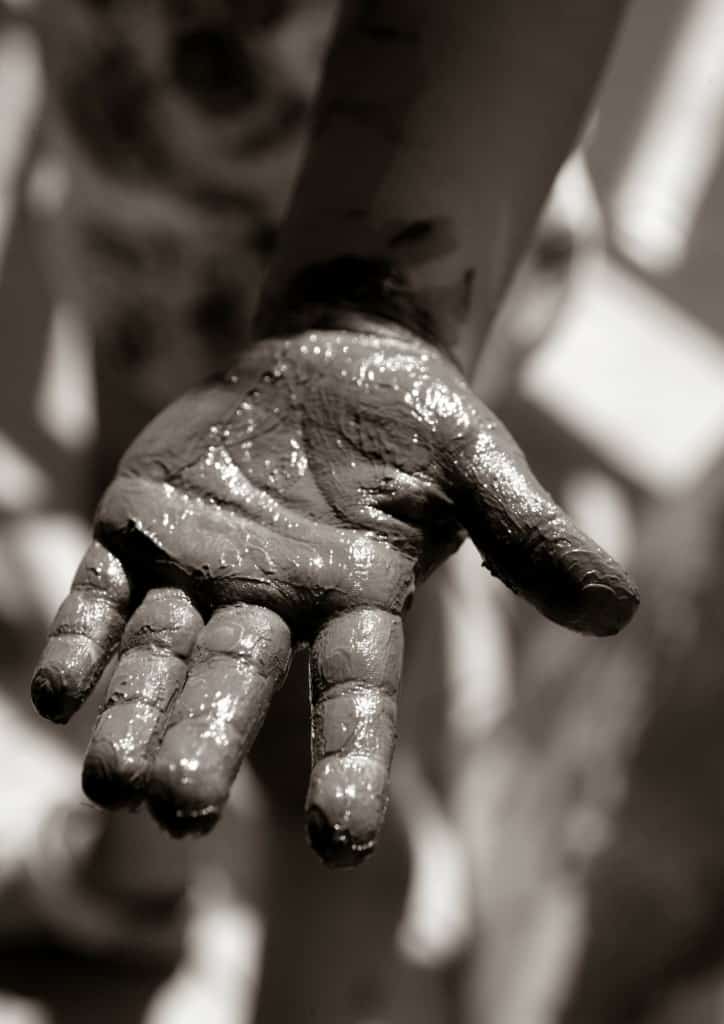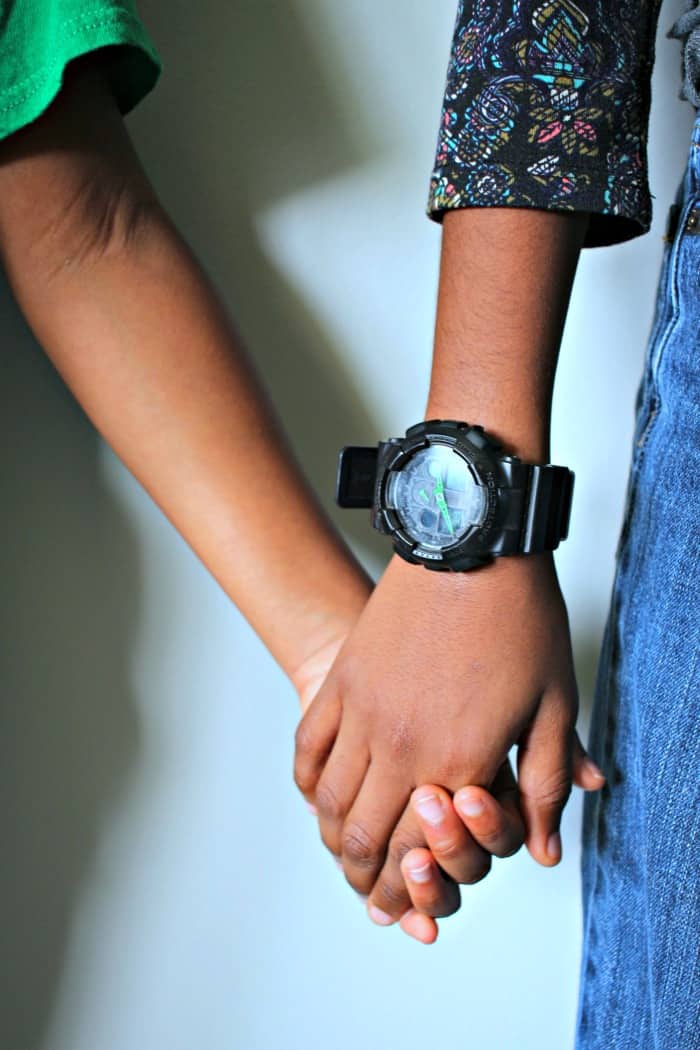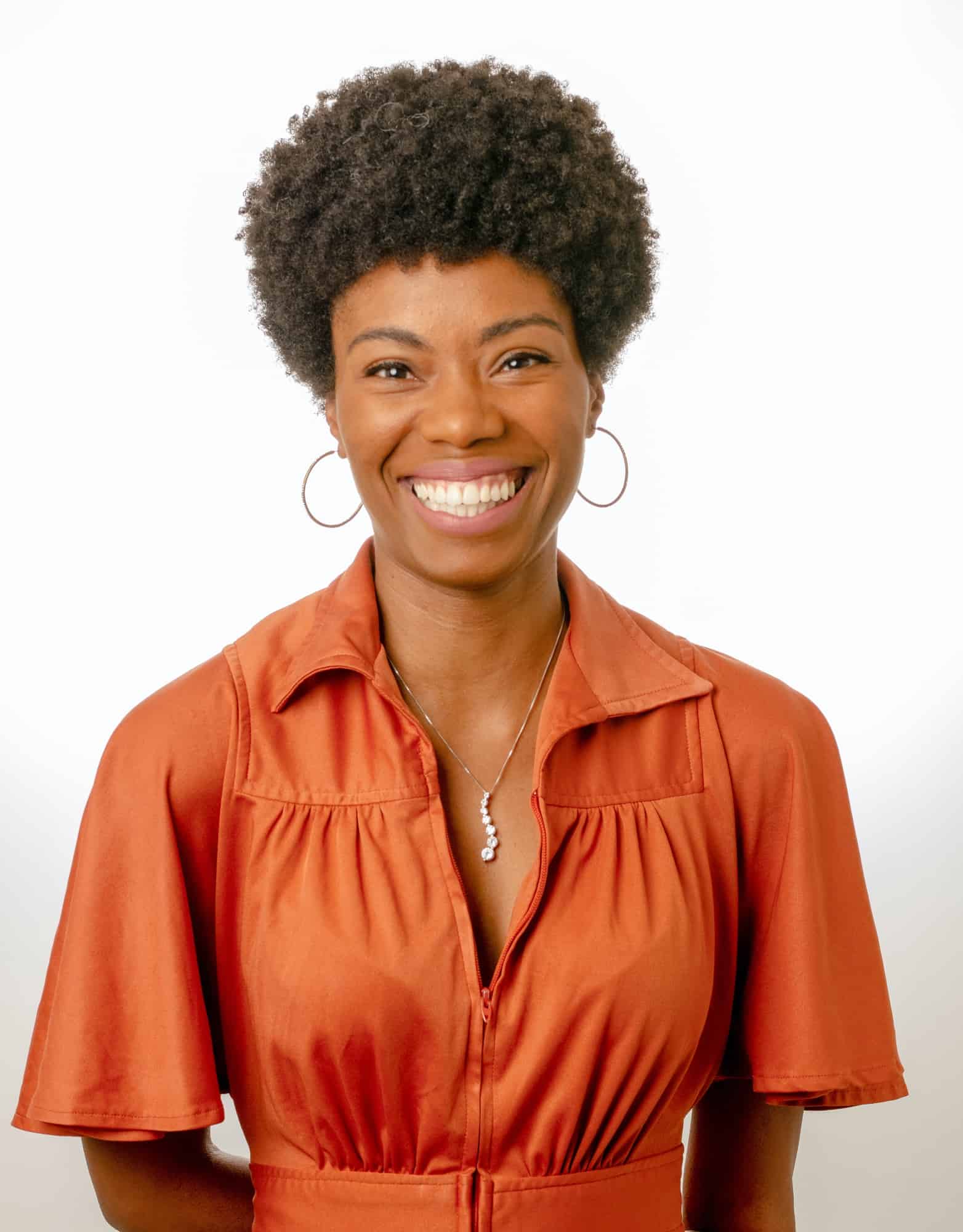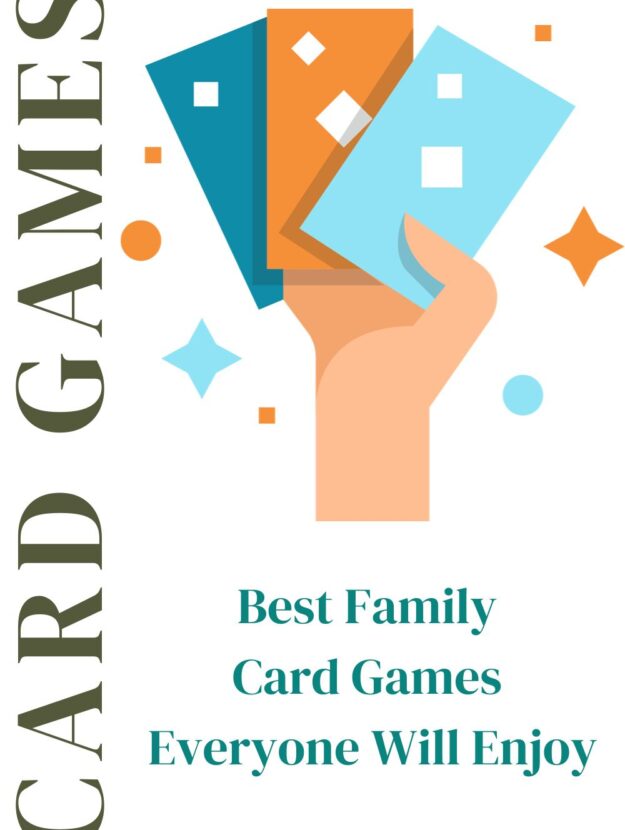Many parents are struggling with speaking to their children about race relations. Granted, it is a sensitive subject, but most parents are just leaving that discussion on the table. Or, even worse, hoping and praying that schools will take up the slack and create a syllabus to be reviewed during school hours.
As a mother of 3 school-age black children, I have no qualms saying that this is partially a personal request. With the recent indictment decision in reference to the Mike Brown shooting, it’s time for parents to vow to take action, whether they have little brown and black children or not.
We have the responsibility to raise children who will make our world better, and who will be able to speak intelligently about race relations. It may be difficult, but it’s necessary. Here are some ways to teach your child to be an advocate for change.
See The Colors
One of the most dangerous parenting mistakes today is the “we don’t see color in our household” movement. Stop it. Stop it right now.
Teaching your kids about race is not the same as teaching them to be a racist. By telling your children not to see color is confusing and frustrating for their growing brain.
They can’t help that they see color when they meet new friends. That’s the way our mind works. It’s also just fine when they tell you about their new friend James, and they insist on telling you he’s black.
Seeing the colors of their friends will ensure they will understand why that friend will be discriminated against in the future. It will also ensure they’ll have no problems standing up for anyone that is discriminated against because of their ethnicity.
By telling them “there is no color,” they won’t be able to recognize injustice. They’ll see their friends as victims of racism first-hand, but won’t understand why. Thus, their brain won’t instinctively project said friends.
Think of it this way: would you rather them associate a race and color with someone they love now, or after that person is the victim of a senseless crime and THEN you have to explain why?
Stop Creating Dumb Children
Children are geniuses. Yes, every single one. Do you know why? If they don’t know or understand an answer, situation, or anything new they learn, they have the immediate instinct to ask questions until they get it.
They will ask for hours at a time, if need be. They are always on a mission to understand. As parents, we dumb down our kids by dismissing their questions with trivial answers, or just saying “that’s just the way it is.”
We’re so engrossed in The Biggest Loser, The Real Housewives of whatever, or the new book we’re dying to finish, instead of interacting with our kids. We’re turning our kids into dummies.
Talk about race. Let your kids ask questions. Genuinely answer those questions, even if your answer is “I actually don’t know that one, but let’s research it together.” By the way, this should be an ongoing conversation, not just something that you only talk about during Black History Month.
Related: How to Discuss Slavery With Your Kids
Get Past Your Selfishness
As stated above, sometimes we let our own desires keep us from teaching our children about important issues. As adults, we’re also very good at letting it seem like we don’t do certain things for the sake of our children.
Some excuses I’ve seen in the past 24 hours are:
“my kid has anxiety, so I’m not sure I can teach them to be an advocate right now,”
“my child is just so young, so I may have to wait a few years,”
“there are no resources for me to follow, so I don’t want to mess up my child’s view of race relations by teaching the wrong thing.”
Get over yourself. This is not about you, it’s about the next generation. Their anxiety, and your lack of confidence may make teaching advocacy a bit harder, but it’s no excuse not to do the work.
Also, it’s OK to admit that this may trigger some issues in yourself, and that might be why you are hesitant when it comes to talking about race in your home. Get help for yourself, but don’t let it delay these talks with your children.
The sooner we introduce the idea of injustice to our children’s minds, the sooner they will be the change in the world.
While these aren’t all of the ways you can teach your child to be an advocate for change, they should be a good start.
If you’d like more ideas and resources to help you with these conversations, and encourage your children to be amazing citizens of the world, check out the hashtags #FergusonSyllabus on twitter. Many teachers have been posting great advice and tangible resources since the murder of Mike Brown in August.
Please feel free to comment below with any other tips you may have, or anything you may want to add to the discussion, but note that blatantly ignorant comments will be deleted. Thank you.













thank you for this
You’re welcome, Dresden. Thank you for reading and sharing.
Thank you for writing this. It’s a topic I don’t think we talk about enough (though I am hopeful that is changing) and your perspective nails it. It’s vital to have this conversation with our children and not only continue to teach them but continue to be open to learning.
The only thing I will add is that kids can learn to be advocates for other kids. We teach our kids to speak up for themselves and others around them and to call out injustice when they see it. It is so important to help them learn to stand up not only to some imaginary idea of a ‘bully’ but to stand up for equality for everyone.
One day after her ballet class she told me that one of the young girls told her that none of the girls like her because she was different. All of the other girls in her ballet class were Japanese. It was then I was forced to go into depth about her brown skin and that sometimes people may not want to play with her because of it.
I won’t say that those other little girls didn’t like my daughter because of her color, because in that class she is unique…it was just in that moment that I realized that my baby was not equipped to handle those types of conflicts and it was time.
I agree we should talk to our children about this issue. Touchy subject but true.
Sometimes I think these are the only people whose minds you can change. It’s my focus today. All my words are for the only ones I really influence. Thank you for giving me more words to say to them.
You’re welcome, Anne. Thank you for vowing to be the change.
“Teaching your kids about race is not the same as teaching them to be a racist.”
Technically, it is. There is no scientific basis for the concept of different races of human beings. If you are teaching your children that race is a valid concept, you are giving credence to those who use it as a basis for discrimination. We need to learn to see all humans as gradients on a single scale, rather than as separate and distinct groups, and learn to embrace genetic and cultural diversity. I’m not suggesting we be color blind. Rather, we need to teach our children (and many adults) that differences are not something to be feared or used as a tool for oppression.
I definitely agree with your last sentence, but I don’t agree with the idea of teaching children about race. They need to know that their friend is black, and that his ancestors came from Africa through slavery. They need to know about the prejudice and discrimination that the generations before him suffered through. They need to know that because of your child’s ancestors (if you are white), that your child’s friend will continue to be discriminated against. That all of the laws that are meant to protect everyone don’t apply for his black friend. That these laws were tailored for the majority, and that he CAN change this. He can rise up and stand with his friend. He can advocate for his friend’s well-being. That is most definitely teaching about race, but NOT creating yet another racist person.
I promise you that I am trying and I am talking to my son and anyone else who will listen because we need to do better. My kids, your kids, and all kids deserve better from the grown-ups in their lives.
The not letting fear hold us back comment hit home for me. There is a lot of fear. Children are such clean slates, and the prospect of being able to change the future through them is intimidating. Each action, statement, and attitude is going to mold and form their opinions about the world and everybody in it. It sometimes feels like one wrong move will ruin them forever, and I am still learning myself.
Race only recently came up in conversation for us. We live in a very diverse neighborhood, and one day my daughter came inside to tell me that a little girl who lives down the street kept hitting my son. She asked the girl why she was being mean, and she said it was because she didn’t like white people. My daughter had no idea what that even was supposed to mean. I almost brushed it off with a “some people are like that,” but I told her that some people with lighter skin have done, and still do, some very bad things to people with darker skin because they are different. I said that may be why the girl felt that way. She looked contemplative for a moment, then said not liking somebody for looking different didn’t make much sense. I could only agree, and she hasn’t mentioned it since.
Thank you. You answered my biggest question–whether or not to let me kids refer to friends by their color. I grew up in an area with no diversity whatsoever. I didn’t meet anyone with different color than my own until college. My girls, on the other hand, being white are in the minority in most of our activities. And it is good, but I was so confused if I should let the girls refer to color. I am so afraid I am going to screw this up, but my 8 yr old and I have begun the discussions. I am off to read your piece about slavery. Thank you.
Great piece. My friends were just asking about this very thing. Thank you.
Thanks for reading, Jen!
Race is such a sensitive subject, I am so glad that we, as mothers, are willing to talk openly about this to our children. It seems as though it wasn’t really that way in the past, no need to be afraid of those that don’t look like you! Thanks for posting this!
Thanks so much for reading it, Deanna. This is a tough subject, but we have to start having the real conversations in our homes. It’s the only way to keep history from repeating itself.
This is great! I especially love how you explain the importance of WHY we need to let kids see color.
Thanks so much, Ellie!
This is fantastic! It’s exactly what I was looking for. I’m an early childhood/family educator. Through all of my professional training and development, I’ve learned a lot that applies to teachers, but not for parents. Thank you!
Thank you so much for reading, Lisa! And thank you for the job that you do.
Beautifully said! I’ve always felt that describing a friend and adding the color was being negative. You make the color “shine”. This has helped
me more than anything I’ve read or heard. You are beautiful, inside and out. Thank you!
Thank you for reading, Terri!